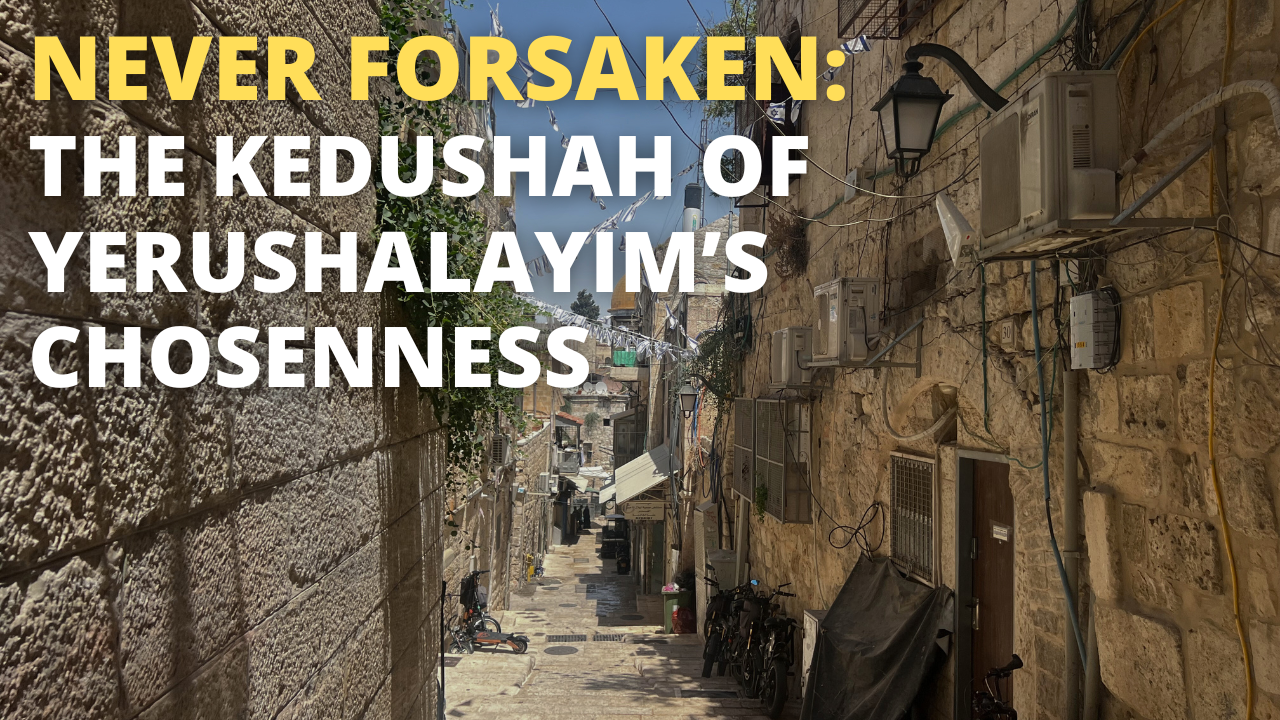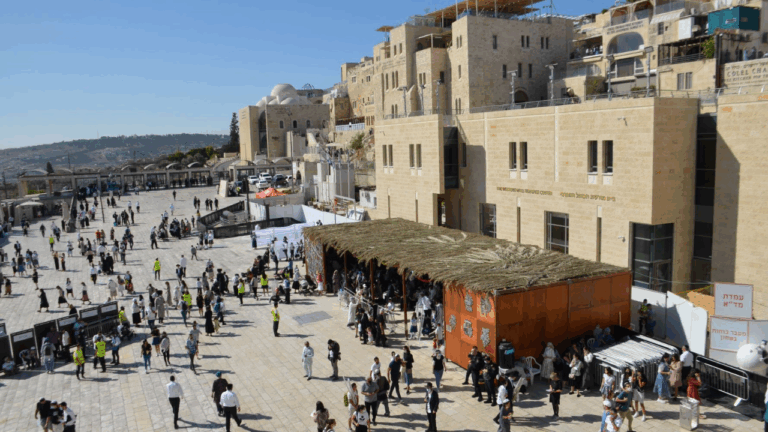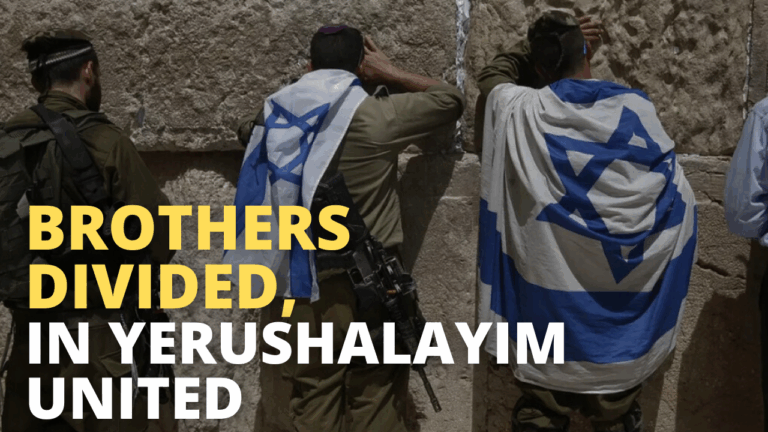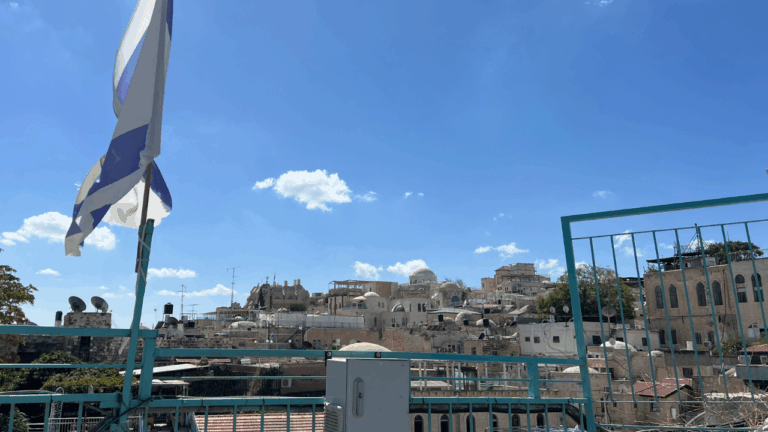Never Forsaken: The Kedushah of Yerushalayim’s Chosenness
Last week, we presented Rav Soloveitchik’s masterful approach to Kedushat HaMikdash. There are two distinct layers of kedushah. One relates to the sacrificial service and the ability to bring korbanot in the Mikdash. The other relates to the bechirah of the Mikdash as the exclusive home of the Shechinah.
This second dimension of kedushah reveals something essential about our relationship with the Ribbono Shel Olam: its permanence and exclusivity. Chazal often describe the experience of Har Sinai as a wedding. Hashem, the Divine Chattan, brought us under His canopy and married us. The Torah, which Chazal compare to a ketubah, is akin to a wedding contract. It contains a passionate love letter from the Chattan to His Kallah, serving as a window into His divine logic. And it also delineates the obligations and expectations demanded by this sacred bond.
Yet even at that glorious moment, a gnawing doubt remained. In halacha, a husband is not limited to one wife. He can still choose another. Moshe Rabbeinu is deeply concerned about this – especially in the aftermath of the Cheit HaEgel. Bravely and audaciously, he requests that a clause be added to the contract: “Another thing I request from You, that Your Divine Presence should not rest on any other nations of the world” (Rashi to Shemos 33:16).
Astoundingly, in our moment of deepest failure, Hashem grants this request. A cosmic plan is put into motion, in which the mystical process of hashra’at haShechinah will be reserved for Klal Yisrael and Eretz Yisrael.
This is why the bechirah of Yerushalayim was so essential. Before it was chosen, it was still possible to build a bayit laHashem in any part of the world. Korbanot could be brought in several places, in distinct houses of worship that were far from the Jewish homeland. But once Dovid sanctified Yerushalayim, it became the exclusive dwelling place of the Shechinah. Never again would a bayit laHashem be established anywhere else (see Tosafot to Megillah 10a s.v. ומאי טעמא). Now, the intimate connection facilitated by korbanot can only be fostered in Yerushalayim. The Shechinah found a permanent dwelling place, a choice that would never be reversed (see Rambam, Beit HaBechirah 1:3, and 6:16).
As a makom, Yerushalayim’s kedushah represents the undying loyalty of Hashem to His people and His people to Him. No matter how much this relationship is damaged, no matter how much pain and suffering occurs, the Shechinah will never abandon Klal Yisrael or her eternal home. Even when the Beit HaMikdash lies in ruins, the bechirah of Har HaMoriyah endures.
In the Weeks of Consolation following Tisha b’Av, it is difficult to find comfort when the consequences of destruction still weigh so heavily. But Yerushalayim can still be comforted even in her destruction. Because in these weeks, Hashem reminds her that He will never forget her, never abandon her to those who do not belong in the Presence of the Shechinah. As we read in Yeshayahu (49:14-17) “And Zion said, “Hashem has forsaken me; my Lord has forgotten me”…I will not forget you. Behold! I have engraved you on My palms, your walls are always before Me.”
Yerushalayim’s chosen-ness is Hashem’s eternal declaration that He will never divorce His people.
With fervent prayers that the bechirah of Yerushalayim and Klal Yisrael be revealed in its full glory in the eyes of the entire world, speedily in our days.



